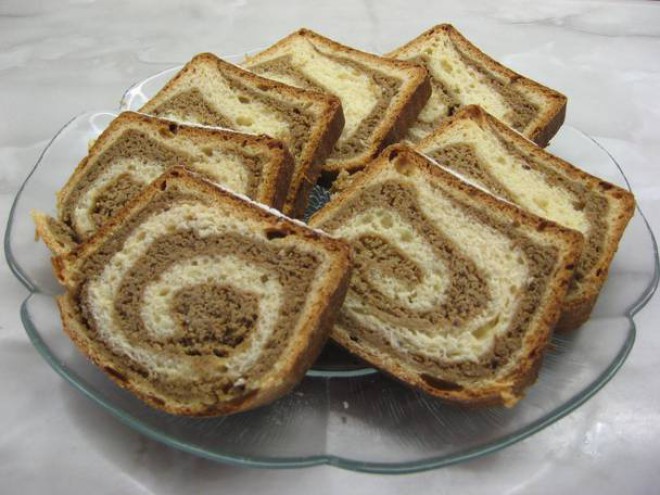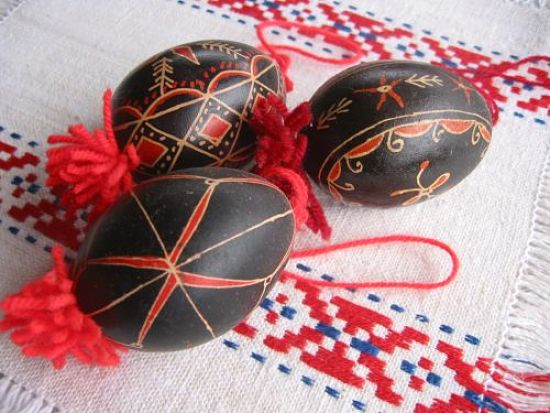Easter in Slovenia
22.3.2016 |
Across the Christian world, eggs are an important symbol of the Easter festival and Slovenia is no different but it also has many of its own special customs and traditions.
Easter (or Velika noč as it’s known here) officially begins on Palm Sunday when people take bunches of greenery, and sometimes flowers, to church to be blessed. The bundles of greenery are woven into a plait and the technique used varies depending on where you are in the country.
Good Friday is not a public holiday in Slovenia but it is still traditionally a ‘fast day’ in preparation for the Easter feast. On Holy Saturday families take their baskets of food to church to be blessed and bell-ringers go to the churches to sound the bells. The foods in the basket are said to represent Christ’s suffering: eggs – the blood, meat – his body, potica – his crown of thorns, sausages – the ropes with which He was bound etc.
Bell-ringing is an important part of Slovenian culture and the practice has different names in various parts of the country’ each region has its own distinct style too. The custom states that all church bells are sent to Rome for Easter Friday and should be rung with vigour when they return on Easter Saturday. Another Easter Saturday tradition is the Blessing of the Fire, in which the priest blesses the fire in front of the church, and the congregation take home a small portion of the embers to light candles. In Ljubljana, it’s not unusual for a priest to visit one house in a neighbourhood and other residents to visit that house to collect some glowing ashes. If you are lucky enough to visit the city of Kranj at Easter, you will see the priest bless a fire in the main square.
Historically no work could be done on Easter Sunday; people were expected to stay at home and do nothing, even visiting neighbours was frowned upon. These days, of course, life is very different though many ancient customs are still observed, even partly. In Stajerska and Gorenjska young men known as ‘strelci’ shoot small mortars or canon and in Prlekija they even compete to see who can make the most noise.
The blessed foods are consumed on Easter Sunday. Slovenians also eat smoked pork, hard-boiled eggs, salted beef and Easter buns, among other traditional Easter dishes. The food that Slovenians most closely connect with Easter is ‘potica’, a rolled bread which is stuffed with honey, nuts, poppy seeds and, sometimes, tarragon. Although potica can be bought from bakeries and supermarkets, most people still make one at home.

The dyeing of eggs is another popular tradition, often using natural dyes such as nettles, red onion skins and marigolds. The eggs are boiled in the dyeing liquid then cooled and rubbed with lard to give them a lovely sheen. In the Bela Krajina region, eggs are decorated lavishly and some villages make them to sell as souvenirs.

Of course, chocolate eggs are popular here too and many villages organise egg hunts and other spring time activities.Across the Christian world, eggs are an important symbol of the Easter festival and Slovenia is no different but it also has many of its own special customs and traditions.











